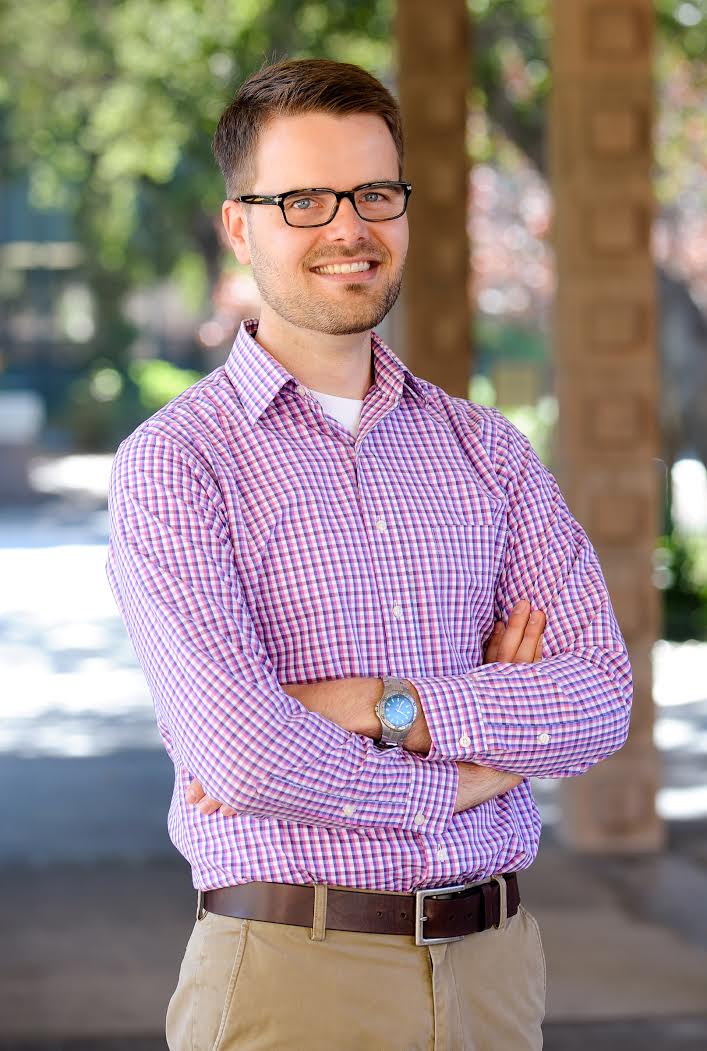Human-Robot Teaming
Human-Robot Teaming
The mission of the HEATlab is to create new techniques for human-robot teaming—the flexible navigation and coordination of complex, inter-related activities in shared spaces. We focus on using ideas from AI to automate the scheduling and coordination of human-robot teams. We are particularly motivated by the challenge of coordinating the activities of human-robot teams in environments that require explicit cooperation to be successful. Our goal is to create human-robot teams exploit the relative strengths of humans and agents to accomplish what neither can achieve alone.
Learn More about the HEATlab:
Project Details
This summer we will pursue two exciting, complementary new research directions!
Probably-in-Control.
When robots team up with humans, we want to give human teammates as many possibilities as we can for completing their activities. However, robustly reacting to and controlling for all the different things a human teammate could do is actually very difficult! In this project, we will:
- Explore new and existing problem formulations (likely various forms of mixed integer linear programs) that model the variability and uncertainty that human teammates introduce in collaborative human-robot task;
- Develop new algorithms and approaches for reacting to the uncertainty that a human teammate introduces, particularly focusing on providing the human with greater choice and autonomy;
- Gain inspiration and insights from mathematical fields such as geometry, graph theory, and most notably, operations research; and
- Extend or adapt existing temporal plan quality metrics to handle scheduling situations that involved uncertainty, preferences, or choice.
Useful skills/interests:
Have an active interest/relevant experience in some of the following: operations research, algorithms and algorithm design, graph theory, geometry, and mathematical modeling.
Creating more fluid and intuitive robot teammates.
In this work we will explore what influences human's perceptions of "team" in order to design better robotic teammates. In particular, we are interested in looking at how the scheduling of a robot teammate can influence a human teammate's perception of team fluidity. We will explore how we can adapt existing temporal planning models and methods to more seamlessly interact with how humans actually execute tasks in teamwork settings. In this project, we will:
- Review existing literature in no temporal reasoning for representing the preferences and tendencies of humans;
- Explore how explainable, predictable/transparent, and legible current scheduling methods are for human teammates;
- Extend last summer's exploration into fluidity metrics in scheduling human-robot teamwork to handle the novel ways that humans introduce uncertainty and contingency into scheduling scenarios;
- Develop new algorithms that are responsive to the novel sources of uncertainty for capturing the types of uncertainty that humans introduce to team activities and react in a way that humans will interpret as fluid and natural; and
- Stretch goal: Evaluate our new and existing approaches for on multi-robot / human-robot close collaborative tasks.
Useful skills/interests:
Have an active interest/relevant experience in some of the following: artificial intelligence/robotics, human-robot interaction, cognitive science, interaction design, ROS.
HEATlab Summer Details:
Before applying, please check out our latest papers: Publications
Scheduling: TBD
Number of positions available: ~3-4 between the two research directions
Citizen Status: Earth (or similar)
Mentor: Professor Jim Boerkoel
 Jim Boerkoel is an Assistant Professor in the Computer Science Department at Harvey Mudd College and director of the Human Experience & Agent Teamwork Lab. The goal of the HEATLab is to develop techniques that augment humans' own cognitive and physical abilities to create integrated human-agent teams that are more capable than their individual counterparts. Prior to joining HMC, Jim worked as a Postdoctoral Associate with the Interactive Robotics Group at MIT. He completed his Ph.D. thesis on developing distributed approaches for constraint-based, multi-agent scheduling with Ed Durfee at the University of Michigan.
Jim Boerkoel is an Assistant Professor in the Computer Science Department at Harvey Mudd College and director of the Human Experience & Agent Teamwork Lab. The goal of the HEATLab is to develop techniques that augment humans' own cognitive and physical abilities to create integrated human-agent teams that are more capable than their individual counterparts. Prior to joining HMC, Jim worked as a Postdoctoral Associate with the Interactive Robotics Group at MIT. He completed his Ph.D. thesis on developing distributed approaches for constraint-based, multi-agent scheduling with Ed Durfee at the University of Michigan.



